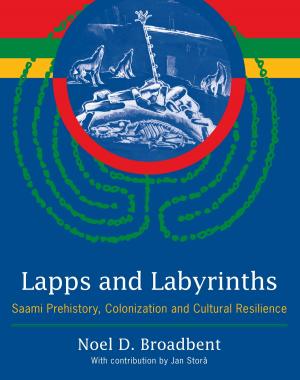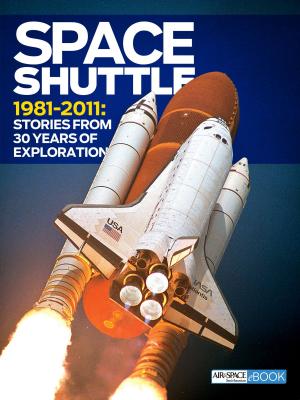aka Marcel Duchamp
Meditations on the Identities of an Artist
Nonfiction, Art & Architecture, General Art, Criticism, Individual Artist, Artists, Architects & Photographers| Author: | ISBN: | 9781935623267 | |
| Publisher: | Smithsonian | Publication: | December 30, 2014 |
| Imprint: | Smithsonian Institution Scholarly Press | Language: | English |
| Author: | |
| ISBN: | 9781935623267 |
| Publisher: | Smithsonian |
| Publication: | December 30, 2014 |
| Imprint: | Smithsonian Institution Scholarly Press |
| Language: | English |
aka Marcel Duchamp is an anthology of recent essays by leading scholars on Marcel Duchamp, arguably the most influential artist of the twentieth century. With scholarship addressing the full range of Duchamp's career, these papers examine how Duchamp's influence grew and impressed itself upon his contemporaries and subsequent generations of artists. Duchamp provides an illuminating model of the dynamics of play in construction of artistic identity and legacy, which includes both personal volition and contributions made by fellow artists, critics, and historians. This volume is not only important for its contributions to Duchamp studies and the light it sheds on the larger impact of Duchamp's art and career on modern and contemporary art, but also for what it reveals about how the history of art itself is shaped over time by shifting agendas, evolving methodologies, and new discoveries.
aka Marcel Duchamp is an anthology of recent essays by leading scholars on Marcel Duchamp, arguably the most influential artist of the twentieth century. With scholarship addressing the full range of Duchamp's career, these papers examine how Duchamp's influence grew and impressed itself upon his contemporaries and subsequent generations of artists. Duchamp provides an illuminating model of the dynamics of play in construction of artistic identity and legacy, which includes both personal volition and contributions made by fellow artists, critics, and historians. This volume is not only important for its contributions to Duchamp studies and the light it sheds on the larger impact of Duchamp's art and career on modern and contemporary art, but also for what it reveals about how the history of art itself is shaped over time by shifting agendas, evolving methodologies, and new discoveries.















